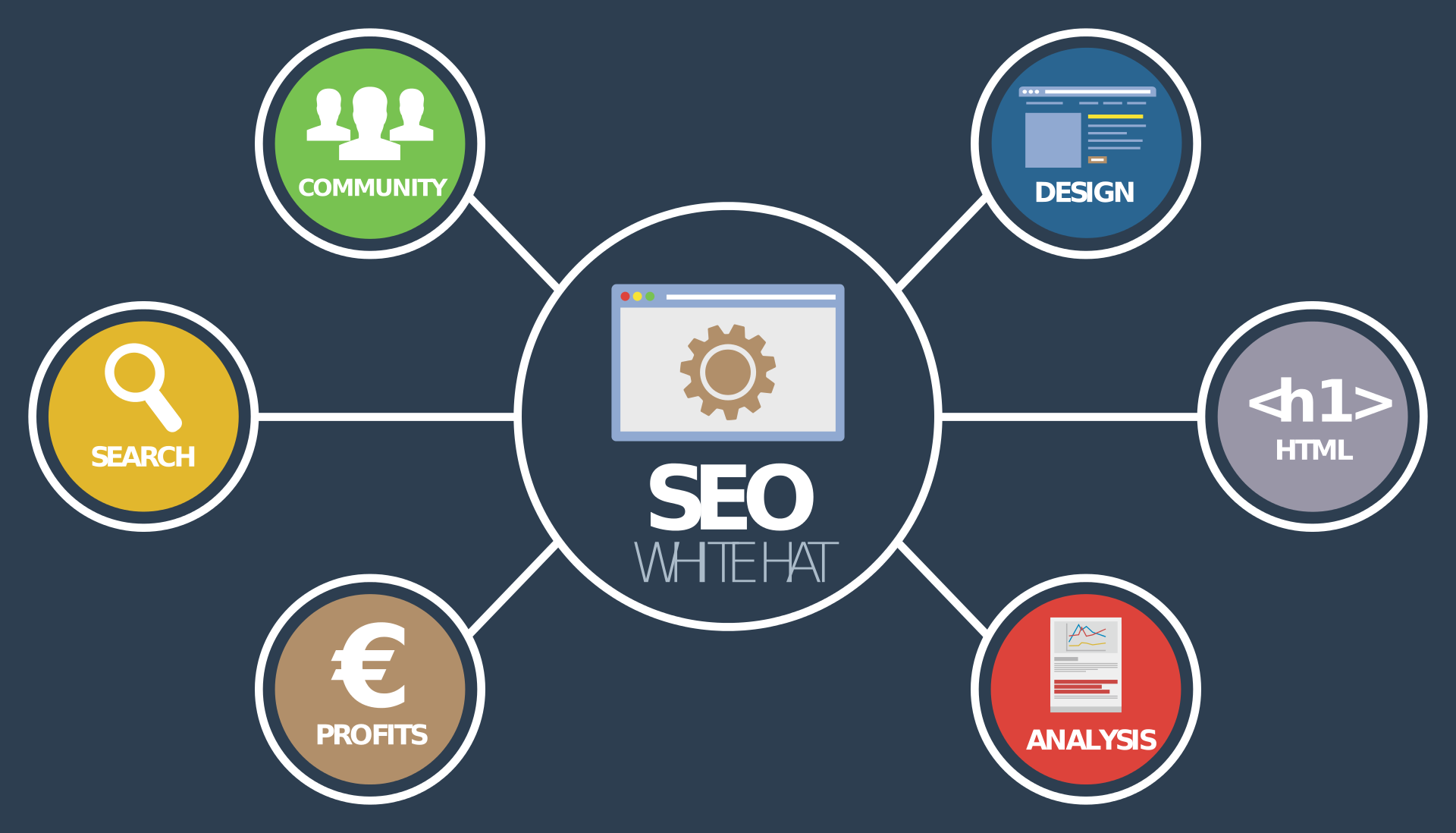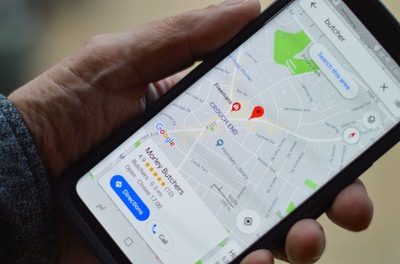
8 Tips for Better Real Estate SEO and Generating Leads

Did you know that 80% of all homebuyers look for their next house online? That means your real estate SEO really needs to be dialed in these days.
That also means there has never been more pressure on a Realtors(R) website. It’s never been easier to put up a website, but it’s never been harder to do it right.
With so much competition out there, how do you get homebuyers to find your website or your listings, and push the magic button to get in touch with you?
Well, the first step is to stop using real estate SEO tricks and hacks that worked in 2005. Let’s take a look at proven SEO strategies that are working today and will help people find you.
1. Don’t Focus on Keyword Density
This is definitely an area where people are using the most outdated tactics. For example, are you worried that your keyword doesn’t take up to 45% of your overall word count? Don’t be. Because Google doesn’t care anymore.
People have sworn by a 2.5% keyword density number for years. But it’s not really a thing anymore.
Google has gotten wise to the fact that a higher frequency of keyword density can actually lead to terrible writing and a bad user experience. So there’s no need to worry about this.
2. Stop Worrying About Exact Match Keywords
Next, are you struggling to find a way to wedge the exact words “best Realtor(R) downtown” into your blog? You can stop worrying about that too. Again, Google is getting smarter and you don’t need to worry about the exact match he words anymore.
Use your keywords organically and naturally. Remember, you’re writing for human beings, not search engines.
3. Make Sure You’re Mobile
did you know that 51% of all real estate searches are coming from iPhones? These days, if you’re not running a mobile-optimized website, you are handing leads over to your competition.
You absolutely need to be optimized to capture these leads. If people are out and about and looking for a home, you absolutely need them to be able to find you.
More importantly, your mobile website architecture has to be simple enough that they just have to push one easily accessible button to contact you right then and there. These local searches are everything!
You can also work with automated text message marketing like Realtyflux to reach your customers where they always are — on their mobile device!
4. Give Your Readers a Next Step
You know how important your blog is. But you may not know that your accidentally killing your blog at the very end.
You could be writing really insightful and compelling blogs. But if you’re not giving your audience a clear next step and call-to-action at the end, you’re wasting your efforts and traffic.
If people are just reading your blogs and leaving, that’s bad. Google looks at numbers like bounce rate when assessing the value of your page. So you want your readers to click in deeper.
Deeper could mean read another blog, search your current listings, or get in direct contact with you. Don’t try to send them anywhere else.
Too much activity or too many calls-to-action on the page is confusing and takes too much attention away from important buttons and links.
5. Be Mindful of Your Backlinks
When people are talking about your off-page real estate SEO strategy, they are mainly talking about how you’re going to acquire links back to your website.
Backlinks are real estate SEO gold, because they show Google that your content is good enough for other people to refer traffic there. However, a lot of the backlink tactics that worked a few years ago will actually hurt you now.
The Google Penguin update cracked down on spammy links. Those links were basically on sites that Google didn’t deem relevant to the source material.
For example, if there was a link to your website with the exact match keyword “best Realtor(R) in downtown” on a completely unrelated website, that might’ve passed a few years ago.
But now the Google Penguin algorithm will actually punish you for these links.
So you need good, relevant and legitimate links back to your site. If you have used the link farms in the past, you need to get those links taken down as soon as possible because they are hurting your website.
If you’ve had a website for more than a couple of years, it would be best to audit all of your backlinks.
6. Remember, PPC and SEO are Not the Same Things
Pay-per-click ads like Google Adwords are a great way to earn traffic. But they don’t necessarily lead to better SEO for your website. Real estate PPC and real estate are SEO different things. But they should work hand-in-hand.
PPC is traffic you bye. SEO is traffic you earn organically. One does not necessarily lead to success with the other.
7. You Can’t Buy Fake Success in Real Estate SEO
You may be tempted to pull the trigger on one of those ads that promise you 100,000 Twitter followers for 50 bucks. Seems amazing. But it’s too good to be true.
These 100,000 followers, or Facebook friends, or Instagram followers, or whatever, mean absolutely nothing. Actually, they can hurt you more than they can help you. It’s really easy to identify these accounts as fake.
They do nothing to help your clout or move your SEO needle forward.
8. Don’t Fake Your Own Online Reviews
It may seem incredibly easy, and you may think you will get away with it. But he won’t.
These online reviews are massively important for both your real estate SEO ranking, and your social credit, and your overall web presence. So value it, but don’t fake it.
Focus on encouraging and you’re happy customers to leave you good reviews. Offer incentives and promotions for good reviews.
But don’t fake them. Ever!
What real estate SEO lessons have you learned over the last few years? Feel free to let us know in the comments section below.











































